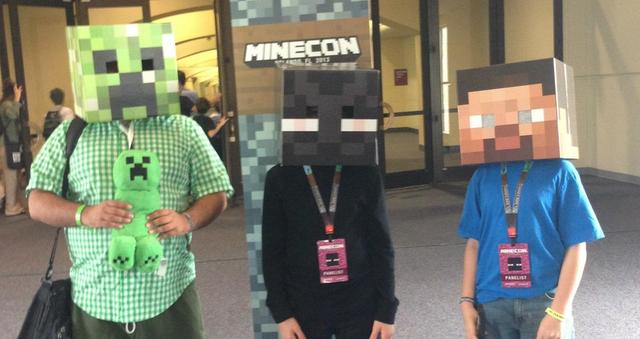If you click on a link and make a purchase we may receive a small commission. Read our editorial policy.
Avatar: The Last Airbender: Netflix's choice to cut Sokka's sexism implies that the adaptation may be dumbed down
Sometimes we need our heroes to be just as flawed as our villains.

Popverse's top stories of the day
- Disney & Lucasfilm are quietly planning a 50th anniversary Star Wars movie that's focused on all-new characters
- MEMBERS ONLY: Follow along live to the Mandalorian & Grogu movie panel from Star Wars Celebration Japan 2025!
- WATCH NOW: The gentleman villain Mads Mikkelsen tells us how he balances being charming and despicable in our favorite movies & TV series
Cartoons aren’t just there to entertain. The best ones teach us something along the way, using the over-the-top antics of their characters to shine a light on our world in a way that helps both kids and adults understand it a little better. The way the original Avatar: The Last Airbender animated series handled difficult topics – such as Sokka’s awkward sexism – is an important part of the show, which is why it is so baffling that the live-action Netflix adaptation is reportedly leaving it out when it finally arrives later this month.
This information comes from an interview Entertainment Weekly had with two of the actors in the upcoming Netflix Avatar: The Last Airbender show. Kiawentiio, who is portraying Katara, and Ian Ousley, who is playing Sokka, explained that Sokka’s overt sexism was cut during the new show’s development, with Kiawentiio explaining “I feel like we also took out the element of how sexist [Sokka] was. I feel like there were a lot of moments in the original show that were iffy.”
On the surface, she’s not wrong. Sokka is a sexist tool basically throughout the first season of Avatar. He constantly talks down to his sister and insists, even though she is more capable than him in almost every way, that men should do the fighting. It is a frustrating, outdated belief that causes constant friction within the group.
And that’s the whole point. The thing that made Avatar: The Last Airbender such a special piece of animation history wasn’t just the music or the unique setting. It was the way the characters were given specific flaws that they had to overcome. Aang’s fear of responsibility is the inciting incident for the entire series. Katara is a controlling, selfish person who constantly tries to shape others into her image. Zuko actively participates in genocide due to his desperate need for his father’s approval.
These flaws don’t just make the characters in Avatar: The Last Airbender compelling, but they are also there to make us reflect inward, examining our own behavior for the same issues. Removing Sokka’s sexism doesn’t just make his character less interesting; it robs both himself and the audience of the chance to learn that sexism is both dumb and wrong.
Watching Sokka cast off his deep-seated notions of toxic masculinity was the first sign that Avatar would be a truly special animated series. Cutting it out feels like they’re trying to dumb down the show, making it less challenging when they should trust their audience to be up to the challenge. Without their flaws and depth, the cast of Netflix’s Avatar: The Last Airbender is at risk of just being a shiny series of references to the original show without any of its heart.
Want to know what's coming up next in pop culture? Check out Popverse's guides to:
Follow Popverse for upcoming event coverage and news
Find out how we conduct our review by reading our review policy
Let Popverse be your tour guide through the wilderness of pop culture
Sign in and let us help you find your new favorite thing.















Comments
Want to join the discussion? Please activate your account first.
Visit Reedpop ID if you need to resend the confirmation email.